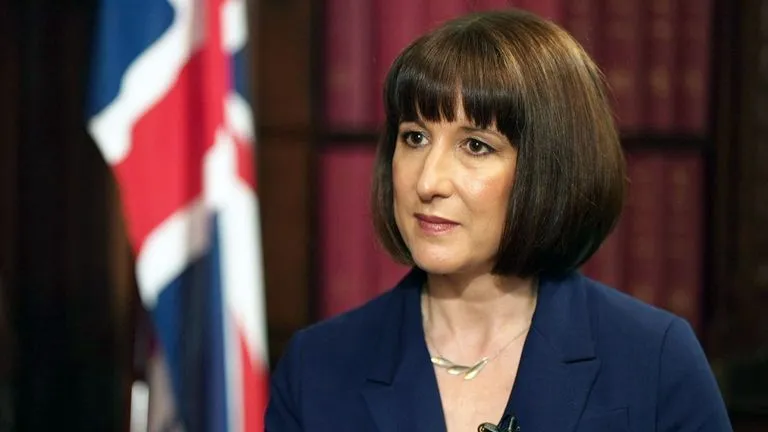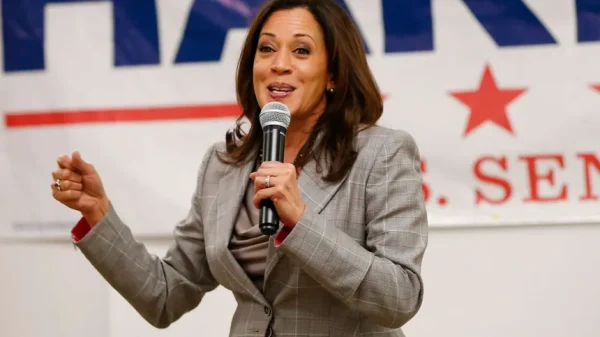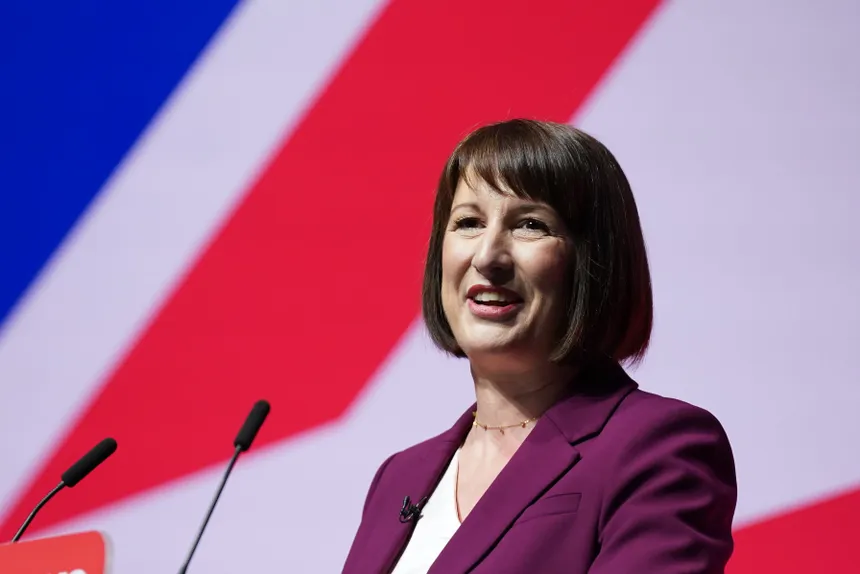UK’s first female Chancellor Rachel Reeves, a Labour government, has promised to “invest, invest, invest” to “rebuild Britain” through a budget that raises taxes and increases borrowing. Despite commitments not to increase income tax or national insurance on employees, companies will likely bear a greater share of the burden to help repair the UK’s finances and fund stretched public services. The budget will prioritize infrastructure renewal and could fund improvements to crumbling schools, hospitals, and prisons.
Reeves has confirmed that taxes will rise, and the decision to avoid raising headline rates of income tax, VAT, and employees’ national insurance limits her choices. She may extend the freeze on personal tax thresholds, resulting in more people paying tax or shifting into higher bands as wages rise, a process known as “fiscal drag.” Employers’ national insurance contributions are likely to increase, and the budget may target capital gains tax paid on the proceeds of selling an asset.
The national living wage will rise by 6.7% to £12.21 an hour next year, which the Confederation of British Industry (CBI) argues will put pressure on businesses to find the headroom to invest in technology and innovation. The armed forces are set to receive a £3 billion boost, largely to cover pay rises and replenish depleted stockpiles donated to Ukraine.

UK’s first female Chancellor Rachel Reeves (Image via Getty)
The budget also allocates more funding for the National Health Service (NHS), including £1.5 billion for new surgical hubs and scanners, as well as £70 million for radiotherapy machines. Additionally, £240 million will be spent on helping people get back to work, and the cap on bus fares across most of England will rise to £3.
The Office for Budget Responsibility (OBR) is set to publish a report on the Conservatives’ legacy in government, expected to account for the so-called £22 billion “black hole” in the public finances. The report may lead to controversy, as Jeremy Hunt, the shadow chancellor, has claimed that the OBR risks “straying into political territory” and failing to follow due process.
The budget reflects the Labour government’s priority to invest in Britain’s future, but it remains to be seen whether the sacrifices made by companies will come at the cost of productivity and innovation.


























